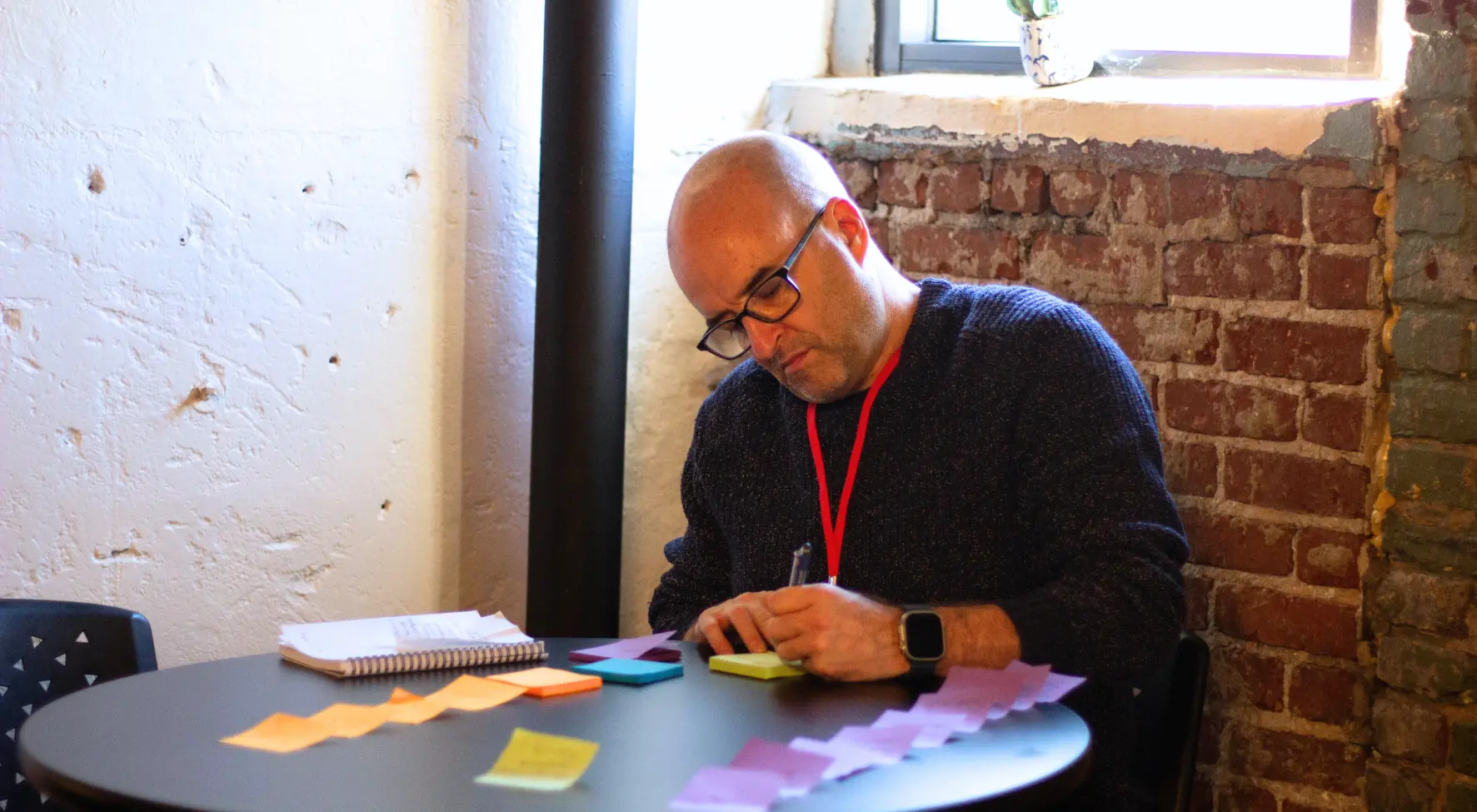You’re at a party, innocently spooning a seven-layer dip onto your plate, when the friend you’ve been trying to avoid all night taps you on the shoulder.
“How’s your book going?”
Ah, the question many authors dread hearing.
It’s not going at all, thank you very much. I haven’t touched it in months. I may never finish it. Thanks for asking.
“It’s going great,” you say. “Hey, did you hear the news about the…”
After you successfully redirect the conversation, you opt for the Irish goodbye and slip out the back door before anyone else asks you about your book.
The deadlines you set when you started writing have long gone, along with your enthusiasm for the project.
Other authors who started their books around the same time are lapping you.
And you’re starting to wonder if you should just toss your unfinished manuscript into a burn pile and be done with it.
The last thing you need to hear is someone’s not-so-helpful advice. “Didn’t so-and-so finish their book in 30 days with that fill-in-the-blank book thing? You should try that.”
The often-quoted statistics about how many people start but never complete their books are based on unreliable surveys and specific to genre, but they are all in the range of 80%-97%. In my nearly 20 years in publishing and more than 30 years working as a professional writer, I’d say those sad numbers are likely true.
Most first-time authors don’t finish their books.
Heck, plenty of established authors sometimes never finish their books. Fans of Game of Thrones have been waiting more than 13 years for George R. R. Martin to finish the sixth installment in the series, since he started writing it in 2010. He feels plenty bad about it, too. Real “dark night of the soul” stuff.
In 2020 Martin informed readers who planned to attend the World Science Fiction Convention that year, “If I don’t have The Winds of Winter in hand when I arrive in New Zealand, you have here my formal written permission to imprison me in a small cabin on White Island, overlooking that lake of sulfuric acid, until I’m done.”
As of this writing, he’s still not finished. In other words, newbie author or not, if you have been struggling with finishing your book, you’re in good company. And at least you know you can cross imprisoning yourself on an island next to a lake of sulfuric acid off your “strategies to finish my book” list.
You’re stuck. Now what?
I don’t know what’s up with Mr. Martin, but with so much at stake for him, I imagine he’s tried most of the recommended approaches to completing drafts, such as:
Establish a Writing Practice – I’m a big believer in setting aside a regular time to write, whether that's at 5 a.m. every day, on Sunday afternoons, or whatever time, day, and frequency works for you. Showing up consistently for this appointment with your book keeps it top of mind. When you’re not writing, your brain is still working on it—recalling stories, making connections, and solving problems.
Write in Community – Writing can be lonely. It is also often a frustrating slog. For these reasons, we need other writers. When you write in community, over Zoom or in person, it helps you to stay accountable to your goals. It also helps you manage all the messy emotions that inevitably come up when we create something from nothing.
Set Incremental Goals – Writing a “whole book” can be daunting. You’ll find it’s much easier to set daily or weekly word count goals rather than write to a looming deadline far in the future. Focusing on word count rather than the quality of your writing also helps you combat that inner critic that says mean stuff and convinces you to ditch your writing plan and binge-watch Ted Lasso instead.
These strategies do work. I follow them and I recommend them to authors. But if these common writing approaches work, why don’t more authors stick with them?
If these techniques haven’t worked for you, you’re not alone.
Maybe you’ve tried one or all these approaches and you still can’t seem to stay on track with your book. You’re not alone there, either.
James Clear, author of the famed book, Atomic Habits, also struggled to finish his manuscript. Even though he wrote about habits and the power of consistency, when it came to writing his book, he had a hard time following his own advice. In a post on his blog titled, “Thoughts on Struggling to Finish My First Book,” Clear wrote:
“I’m really struggling to tame this beast and make progress. I haven’t written consistently on the book for weeks and lately it feels like the project is always in the same place today as it was 10 days ago.”
See? It’s not just you. Even the habits guy had a hard time finishing his book. When he was struggling, he probably avoided certain people at parties, too.
Clear got there in the end, of course. As of this writing, Atomic Habits has sold more than 15 million copies worldwide.
So what’s the problem?
Why don’t more authors finish their books?
The truth is authors don’t finish because they don’t trust that their writing will result in a good book.
I’m not referring to the inner critic or even Resistance, the term coined by Steven Pressfield in his classic book, The War of Art.
I’m talking about trust. Specifically, trust in the creative process.
After decades of writing—and finishing—big writing projects, here’s what I know for sure: I will get there in the end. I trust that my scribbles and my sloppy sentences will eventually become something useful, something beautiful, something worth reading.


.jpg)




.svg)










.webp)

%20(1).webp)
